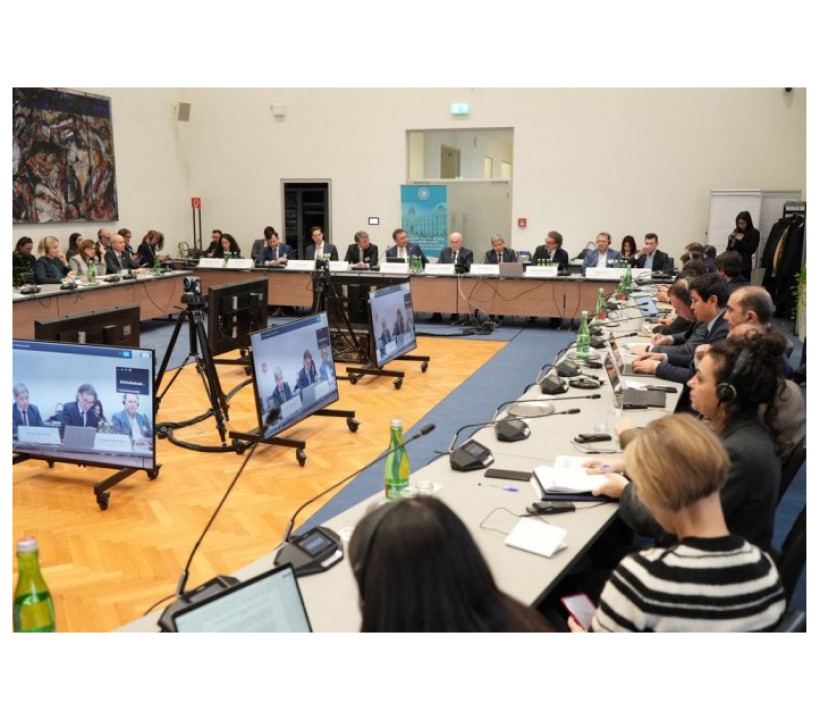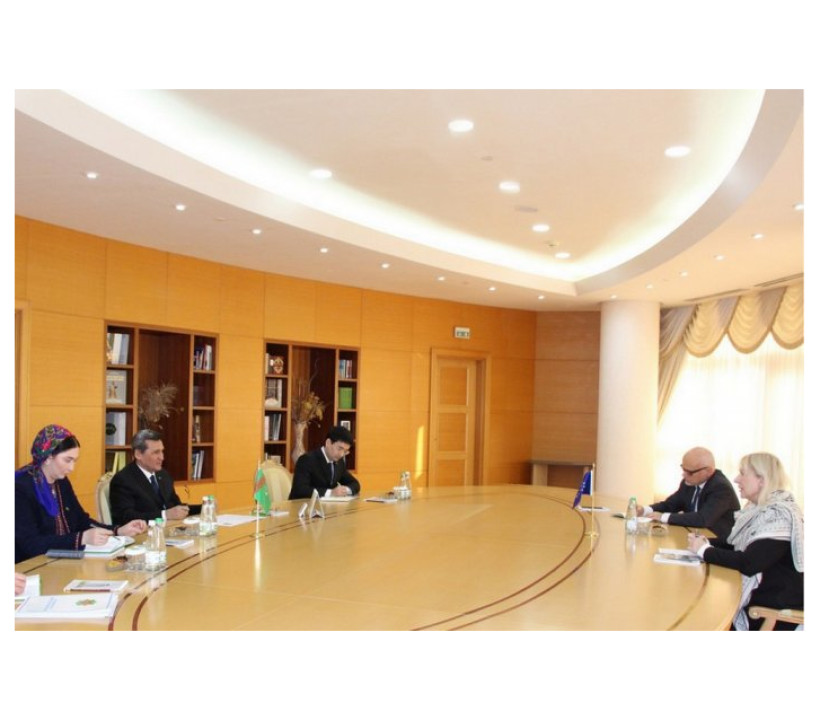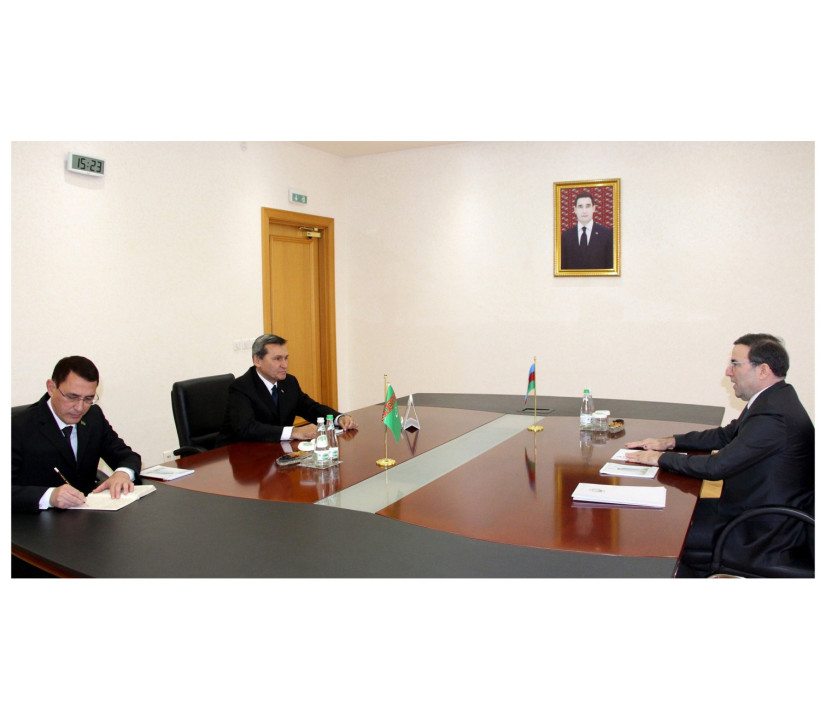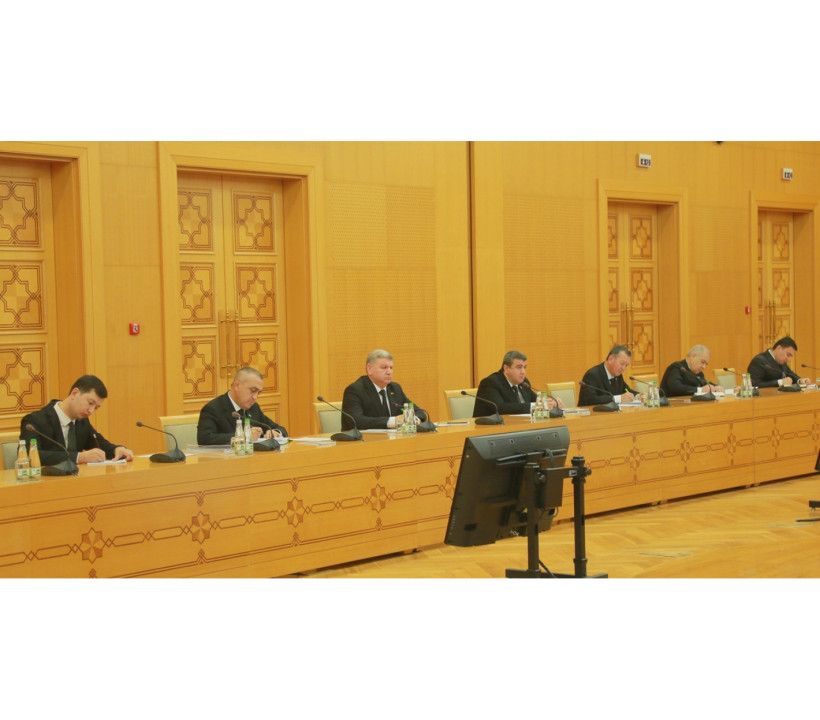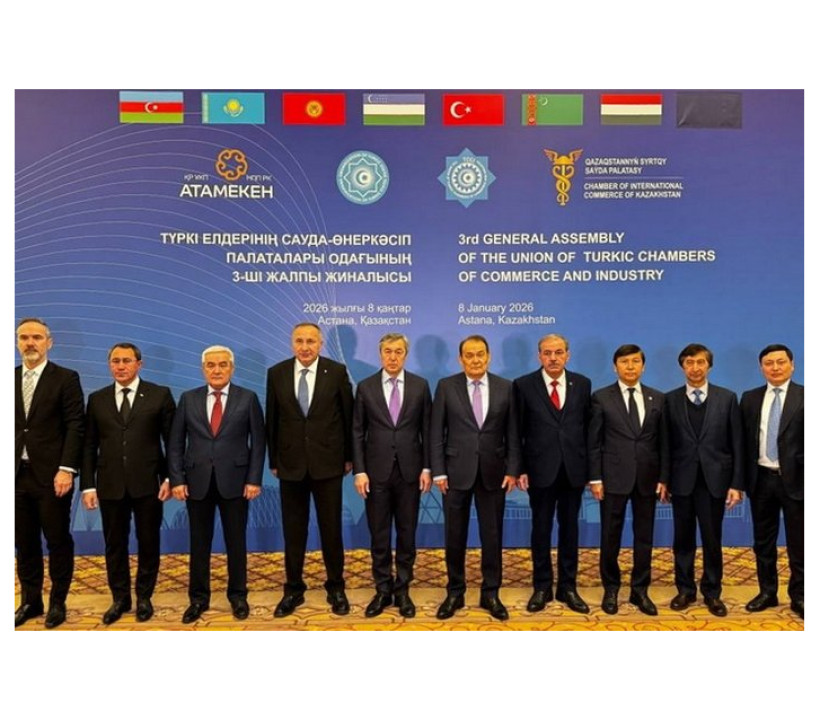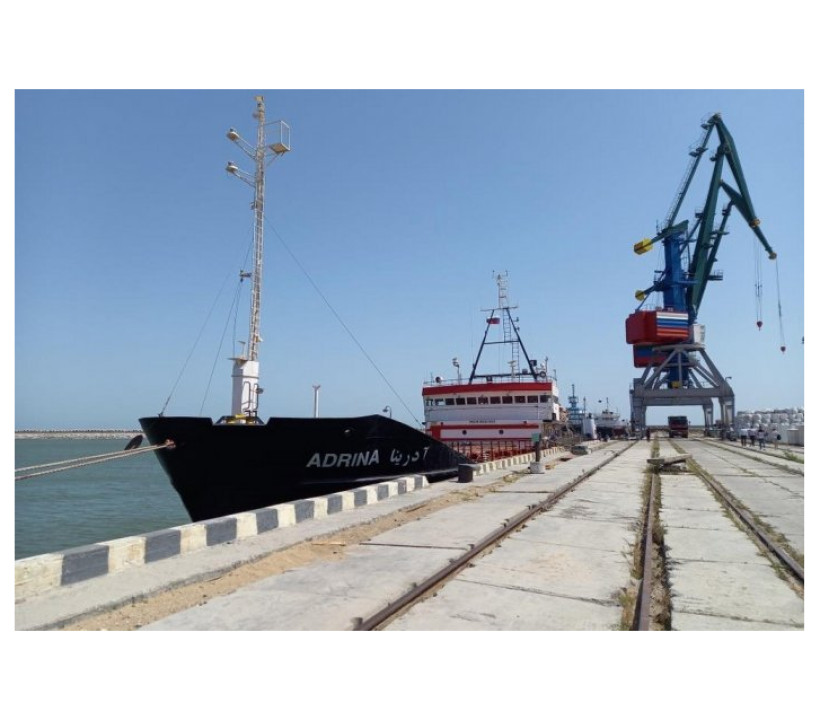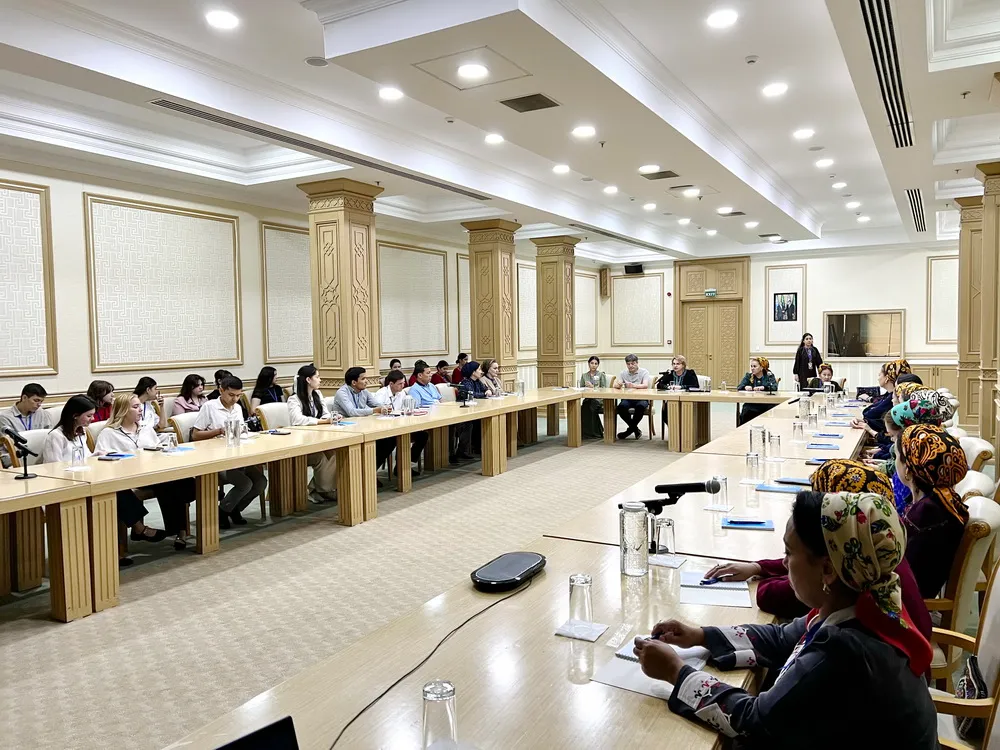
In Turkmenistan, from July 10 to 19, training was conducted to strengthen capacity in emergency preparedness and disaster risk reduction (DRR).
The trainings took place throughout the country and were organized by UNICEF in collaboration with the Ministry of Education and the National Red Crescent Society of Turkmenistan. The activities were carried out within the framework of the Regional Program “Strengthening Local and National Capacities for Emergency Preparedness and Response in Central Asian Countries Prone to High Risks of Earthquakes and Natural Disasters,” funded by BHA/USAID.
The trainings, which brought together a total of 165 participants, facilitated interactive dialogue between administrators and teachers of the target schools, as well as staff and volunteers of the National Red Crescent Society of Turkmenistan.
The sessions covered key principles of DRR, children's rights and needs, a child-friendly multisectoral approach to disaster risk reduction, and climate change adaptation and mitigation measures tailored to the national context.
Young volunteers actively participated in the development of family emergency plans, paying special attention to the needs of people with disabilities.
Through simulation exercises, the children acquired skills to effectively participate in planning and implementing emergency response measures, contributing to the formation of a culture of preparedness and resilience, according to a UNICEF press release.
The program “Strengthening Local and National Capacities for Emergency Preparedness and Response in Central Asian Countries at High Earthquake Risk and Prone to Natural Disasters” is being implemented in five Central Asian countries. It aims to ensure shared preparedness and resilience, with a focus on strengthening capacity and enhancing earthquake preparedness and response in high-risk Central Asian countries by pre-positioning critical supplies, school-based and community-based risk reduction activities at the national level.


